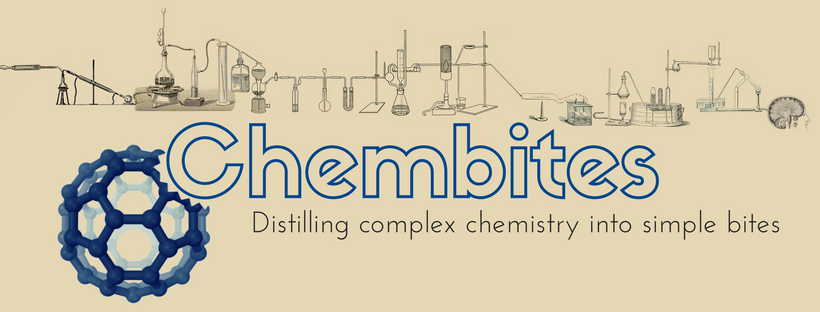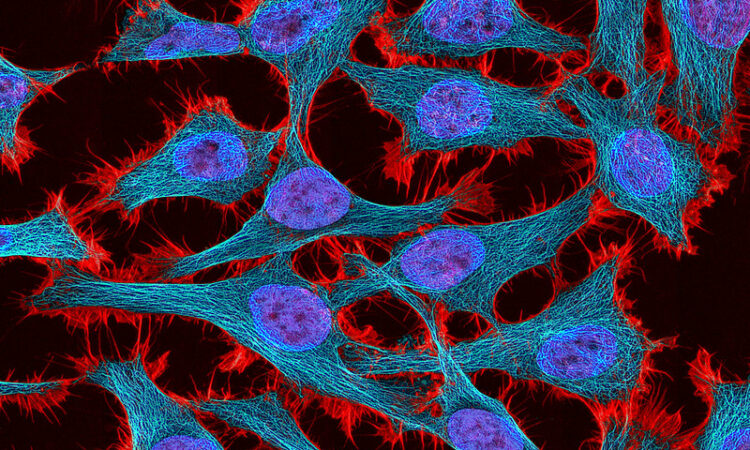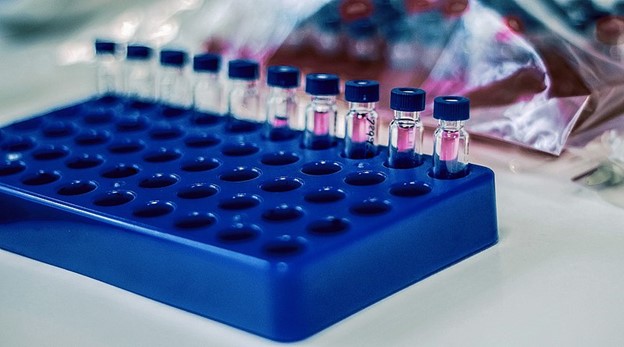Zinc oxide nanoparticles offer a potential solution to mitigate biofouling in ultrafiltration membrane systems.
Lignin-derived Materials Improve Plant Nutrient Bioavailability, Growth and Development
Synthesis of lignin-derived materials provides an environmentally friendly alternative to common pesticide additives for plant development.
The role of tea waste and biochar as effective bulking agents to convert household waste into environmentally viable compost.
Common household items such as tea waste show strong potential for converting kitchen waste into effective mature composts.
Molecular Docking Techniques Reveal Molecular Interactions Between Novel Antifreeze Peptides and Ice Crystal Growth
The use of molecular docking techniques aid investigation of molecular mechanisms and development of novel antifreeze peptides for applications in the food industry.
Development of Novel Microchamber for Sulfite Quantification in Wine
Development of novel microchamber with graphene-based electrochemical sensor provides a portable and commercial method for sulfite quantification in wine.
Non-invasive, low molecular weight, biomarker method for detection of skin cancer.
Development of a new, non-invasive and topical sampling method uses low molecular weight, skin cancer biomarkers for better detection for early stages of skin cancer diagnostics.
Novel Fluorogenic Probes Provide Polarity Specific Detection of Cancer Cell Membranes
Development of novel fluorogenic probes provide valuable insights regarding the polarity of cancer cell membranes.
Ozone Is The Key To Effective Lipid Detection And Isomer Resolution
Lipids are an important class of biological molecules where the physical and chemical structure will impact its function in our body. Effective lipid detection and analysis are key to understanding specific lipid interactions and overall biological impact. This paper discusses development of new analytical detection technique for mass spectrometry which provides greater insight into lipid biological chemistry.








